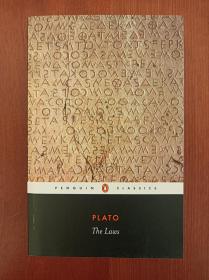
Plato: The Laws
Translation with Introduction and Notes by Trevor J. Saunders
¥ 145 九五品
仅1件
作者Plato (author); Trevor J. Saunders (translator)
出版社Penguin Classics
ISBN9780140449846
出版时间1975
印刷时间2005
装帧平装
开本32开
页数560页
货号W4
上书时间2020-09-27
- 在售商品 暂无
- 平均发货时间 13小时
- 好评率 暂无
- 最新上架
商品详情
- 品相描述:九五品
-
详见实拍书影。
3@A17
- 商品描述
-
In The Laws, Plato describes in fascinating detail a comprehensive system of legislation in a small agricultural utopia he named Magnesia. His laws not only govern crime and punishment, but also form a code of conduct for all aspects of life in his ideal state from education, sport and religion to sexual behaviour, marriage and drinking parties. Plato sets out a plan for the day to day rule of Magnesia, administered by citizens and elected officials, with supreme power held by a Council. Although Plato's views that citizens should act in complete obedience to the law have been read as totalitarian, The Laws nonetheless constitutes a highly impressive programme for the reform of society and provides a crucial insight into the mind of one of Classical Greece's foremost thinkers.
Plato (c.427 to 347 BC) stands with Socrates and Aristotle as one of the shapers of the whole intellectual tradition of the West. He founded the Academy in Athens, the first permanent institution devoted to philosophical research and teaching, and theprototype of all Western universities. He sought cures for the ills of society in philosophy, and became convinced that those ills would not cease until philosophers became rulers, or rulers philosophers.
Trevor J. Saunders has translated many volumes of Plato for the Penguin Classics. Trevor J. Saunders's translation combines accuracy with readibility, while his introduction discusses Plato"s life and political theory, and mordern reactions to his works.
相关推荐
-

PLATO THE LAWS
八五品北京
¥ 60.00
-
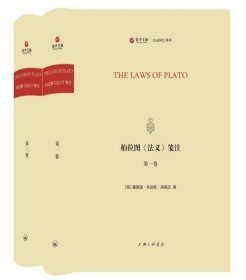
The laws of Plato
全新武汉
¥ 961.80
-
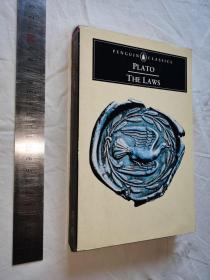
英文 柏拉图 plato: the laws
九品北京
¥ 217.80
-

洛布丛书:plato laws
九五品上海
¥ 298.00
-
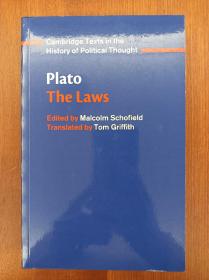
Plato: Laws (进口原版,国内现货)
九五品上海
¥ 435.00
-

Penguin classics:Plato the laws、schopenhauer essays and aphorisms2本合售
八五品北京
¥ 88.00
-

The Laws of Plato,法律篇,柏拉图作品,英文原版
九五品西安
¥ 530.00
-

洛布丛书: PLATO LAWS BOOKS VII-XI
九五品上海
¥ 298.00
-
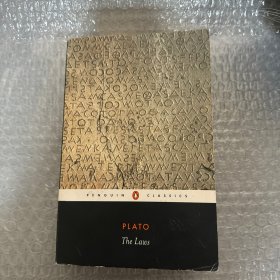
The Laws
九品北京
¥ 98.00
-

The Laws
九五品北京
¥ 68.00
— 没有更多了 —





















以下为对购买帮助不大的评价